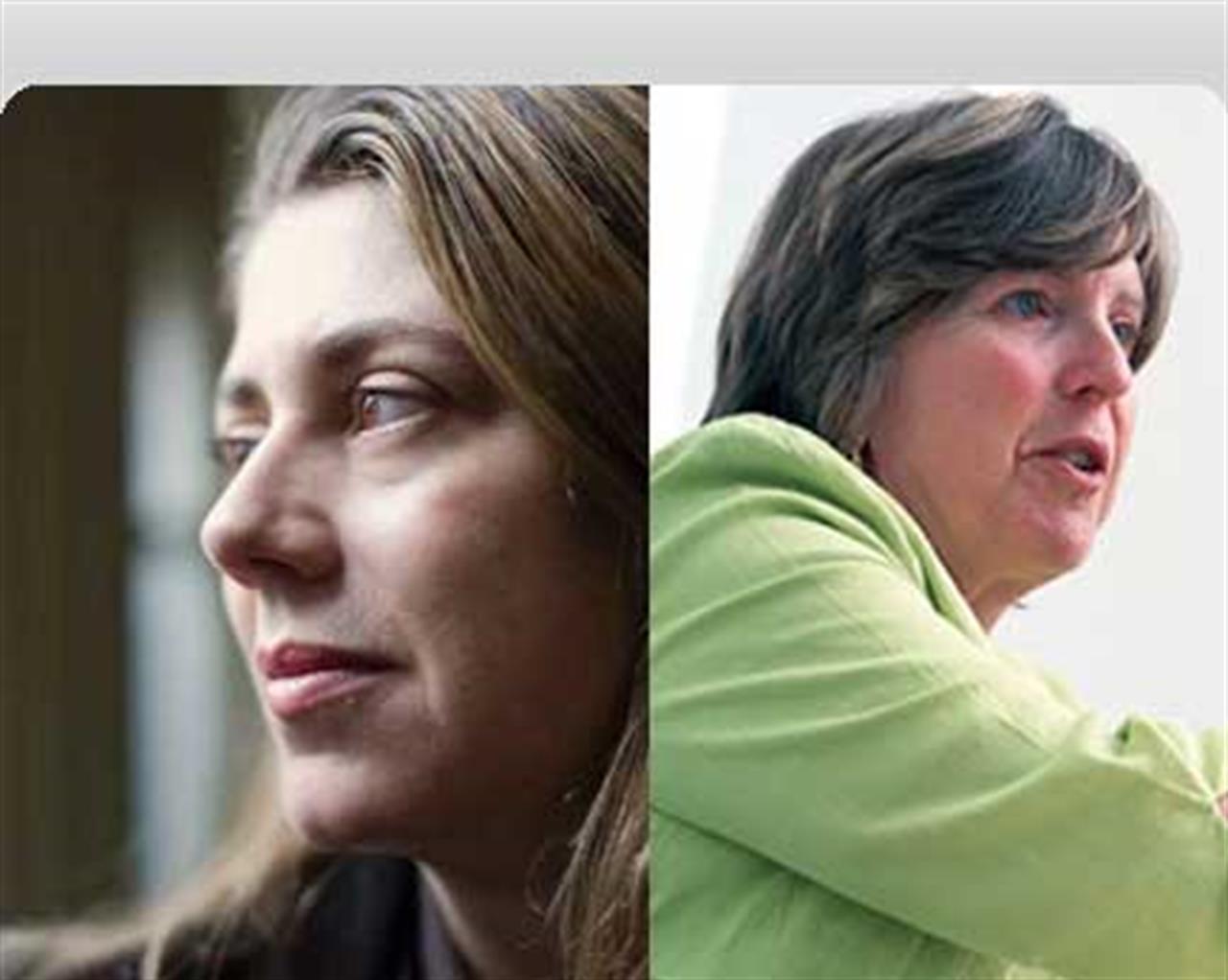Non profit
Ariane Arpa & Barbara Stocking: Women at the helm
They the exception to the rule. To the pessimism that would want women confined to the role of non profit labourers.

Ariane Arpa and Barbara Stocking, 44 and 58, the first, in charge of Intermòn Oxfam, the second, of Oxfam GB, direct the work of over 7 thousand employees in the field of humanitarian intervention in the four corners of the world. Many of whom are women, who both leaders consider to be the axis upon which to build a different society.
Which of your personal qualities has helped you most in your career?
Ariane Arpa: The ability to listen to good advice and to recognize my limits.
Barbara Stocking: Integrity, which means more than just being honest: it means being ones self all the time and always knowing why you are working for a particular social cause.
Do you have a personal strategy to balance your working life with your family life?
Arpa: Yes: not having a family! Honestly I don’t know how I would manage if I did, how I could give myself 100% to both. Right now I love my job and have decided to dedicate myself to it.
Stocking: Having a partner that shares and supports my efforts. And giving myself some rules to protect my personal life and the time I spend with my two children. Knowing how to say “I’m not going to do that” and communicating it clearly to the team. For example, not giving public speeches on the weekend. During weekends I am on call for humanitarian emergencies but not for speeches.
How would you describe your management style?
Arpa: I try to be as respectful as possible with others, to listen to what they have to say and to always seek to build a consensus.
Stocking: I set high quality standards at work. I expect a lot and try to build a strong sense of partnership between people. I involve them from the start in the organization of activities and I meet with them personally, one to one, once or more a month.
Empowerment of women, building their self esteem and confidence, seems to be aid to development’s latest trend.
Arpa: Its crucial. Women are the main actors of development and not just because they make up half the world’s population. Technically speaking projects work better when women are involved. Increasing their self esteem and building their skills is fundamental.
Stocking: 70% of poor people in the world are women and girls. The empowerment of women is necessary when working with developing countries, Oxfam has launched a programme called “Lets talk about gender” to change the culture that surrounds us.
Why do so few of the many women working in the non profit field make the top positions and salaries?
Arpa: There are two main reasons. Firstly because even in the third sector, power is considered a man’s thing. Secondly, management positions require a huge commitment and women are forced to choose to sacrifice their careers or their families.
Stocking: The same tendency exists outside of the non profit world. On the one hand it is because balancing a family and a career is so difficult. On the other it is because men do not accept an approach to business that is different to theirs. Different but efficient: we are good at managing different stakeholders and we put a lot of passion into what we do.
Is there a book or film that has particularly inspired you and that you would suggest reading to budding women activists?
Arpa: I am mostly inspired by the women I meet in my trips to projects on the field. Women who bring joy and passion to their work and who are capable of looking to the long term.
Stocking: “The essence of decision”, by Graham T. Allison, published by the Harvard Business Review: it starts with the Cuban missile crisis to describe how decisions are taken. Monsoon Wedding by Mia Nair, for the great vitality and energy that it emanates.
Find out more about Oxfam and gender: www.oxfam.org.uk
Cosa fa VITA?
Da 30 anni VITA è la testata di riferimento dell’innovazione sociale, dell’attivismo civico e del Terzo settore. Siamo un’impresa sociale senza scopo di lucro: raccontiamo storie, promuoviamo campagne, interpelliamo le imprese, la politica e le istituzioni per promuovere i valori dell’interesse generale e del bene comune. Se riusciamo a farlo è grazie a chi decide di sostenerci.
